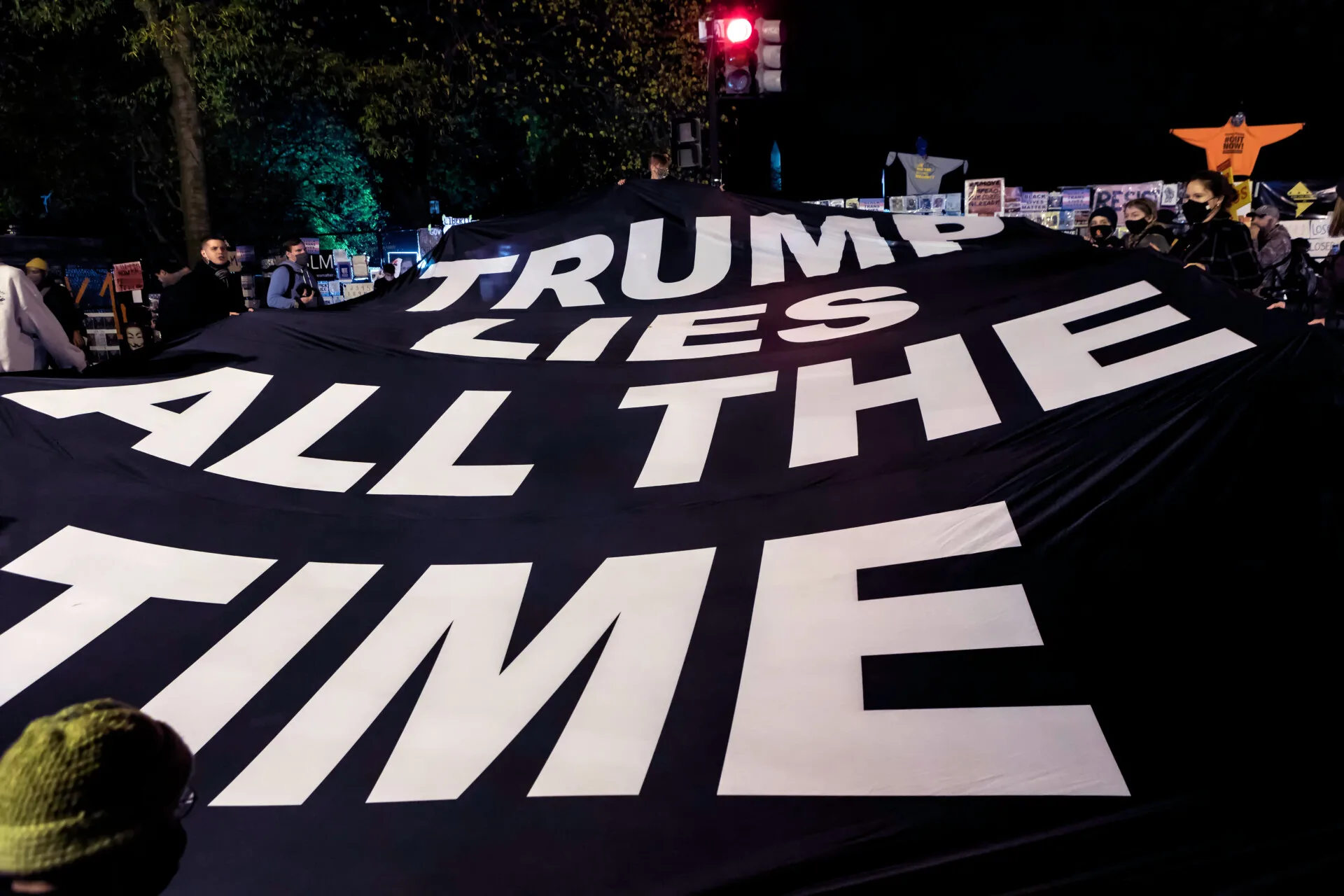By Cliff Montgomery – Mar. 10th, 2025
Does Trump seem especially power-mad during the early days of his second term? Don’t care for how he has openly referred to himself as a “king” on his social media site? A Supreme Court ruling from last year is almost certainly the reason for it all, since that decision appears to give him a king’s power.
“On July 1, 2024, the Supreme Court ruled 6-3 that Trump, or any other president,” explained Newsweek in a Feb. article, “has absolute immunity for core presidential actions and presumptive immunity for non-core presidential acts.”
But according to Article I of the U.S. Constitution, the president is “liable and subject to indictment, trial, judgment and punishment, according to law” if he is found to have committed illegal, impeachable offenses while performing his duties as president. There is no mention of any exception to this rule.
Impeachment itself is not a legal punishment – it only removes someone from office if they break U.S. laws roughly defined as “high crimes and misdemeanors.” But that official – even if he or she is the U.S. president – can still face prosecution for criminal actions performed while working at their job, according to the Constitution.
All of this is vitally important, since Trump understandably takes the Supreme Court overreach as a green light to assume absolute power.
But the Court cannot edit the Constitution. It cannot re-write it, either. It can only interpret what’s there – and it clearly states that the U.S. president is subject to a number of laws, and can suffer the full range of legal punishments if he breaks those laws.
Here’s what’s in that document regarding the limits of presidential power:
Article 1, Section 3, Clause 7 — “Judgment in Cases of Impeachment shall not extend further than to removal from Office, and disqualification to hold and enjoy any Office of honor, Trust or Profit under the United States: but the Party convicted shall nevertheless be liable and subject to Indictment, Trial, Judgment and Punishment, according to Law (emphasis added).”
“An impeachment and removal does not activate the double jeopardy clause of the Fifth Amendment,” states Cornell Law School. “The ex-officer may face criminal indictments and trials for the same conduct that led to their impeachment and removal from office.”
There is no double jeopardy since “the purpose of impeachment is [simply] to protect the public interest, rather than [to] impose a punitive measure on an individual,” according to the federal website Constitution Annotated.
One other important matter: Congress does not need to impeach a president, or any other civil officer, before that officer may be tried and punished by a court of law.
“The text of the Constitution does not address the sequencing of impeachment and other legal proceedings,” declares an Overview of Impeachment Judgments, which is found on the federal website Constitution Annotated.
In fact, “generally speaking, historical practice has been to impeach individuals after the conclusion of any related criminal proceedings, although this might simply reflect practical convenience as such proceedings can alert Congress of improper behavior that may warrant impeachment. Nonetheless, nothing in the Constitution demands this order of events,” states the federal website.
Constitution Annotated adds that “ individuals who have already been convicted of crimes may be impeached for the same underlying behavior later. A number of federal judges, in fact, have been indicted and convicted for conduct which has formed the basis for a subsequent impeachment proceeding.”
Such legal precedents further establish that all civil officers – including U.S. presidents – have a constitutional responsibility to follow the laws of the land. If they don’t, they may face all the criminal penalties everyone else faces when they break those laws. No impeachment is necessary.
If all this is so, then last year’s questionable Supreme Court decision would have to be considered null and void. That, in turn, would mean that Trump almost certainly has been overstepping his Constitutionally-mandated powers. Let the legal and political fallout begin …






